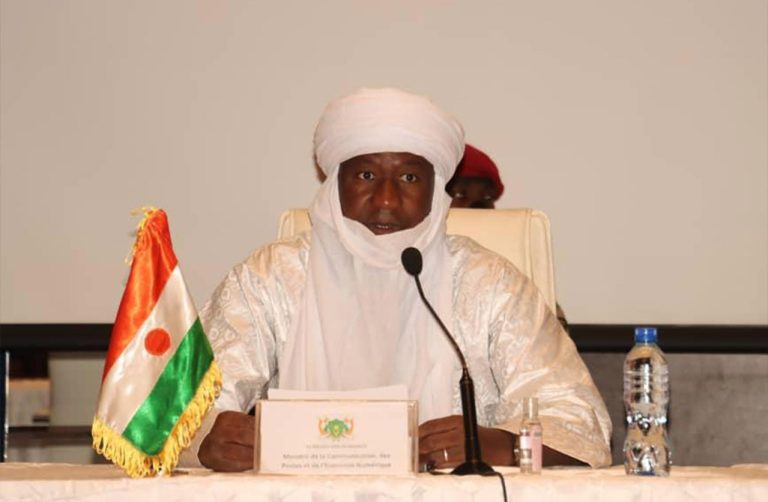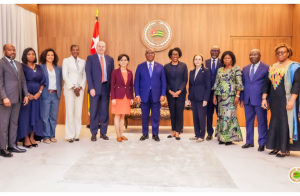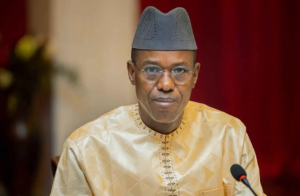Niger: A diagnostic study of the digital economy at the centre of a meeting in Niamey

Analyzing the digital economy involves assessing the extent of digital services’ penetration and usage across the entire national territory.
In Africa, many countries have already undertaken this analysis, enabling them to determine which projects to implement for digital transformation.
In line with this approach, Mr. Sidi Mohamed Raliou, Minister of Communication, Posts, and Digital Economy, officially launched a diagnostic study on Niger’s digital economy (Niger DE4A) last Wednesday.
The primary objective of this initiative is to inform all stakeholders about the World Bank’s undertaking of a diagnostic study of Niger’s digital economy, similar to those conducted in 43 other African countries.
It also aims to introduce the World Bank’s methodology for conducting such diagnostics.
The focus will be on appointing focal points within respective entities for collecting necessary data for the diagnostic study, defining the next steps, and agreeing on a timeline for its completion.
“This assessment of Niger’s digital economy development will provide policymakers with actionable and prioritized recommendations to accelerate the digital transformation of the Nigerien administration and its socio-economic fabric,” stated the Minister.
It’s worth noting that the diagnostic study of Niger’s digital economy will employ a methodological approach based on three pillars: assessing the current state of Niger’s digital economy development, identifying challenges and opportunities for digital growth, and providing prioritized and sequenced recommendations for actions to unlock the potential of digital economy development.
Related article: Burkina Faso: The World Bank grants $150 million to finance the “PACT DIGITAL” project.
Titi KEITA











